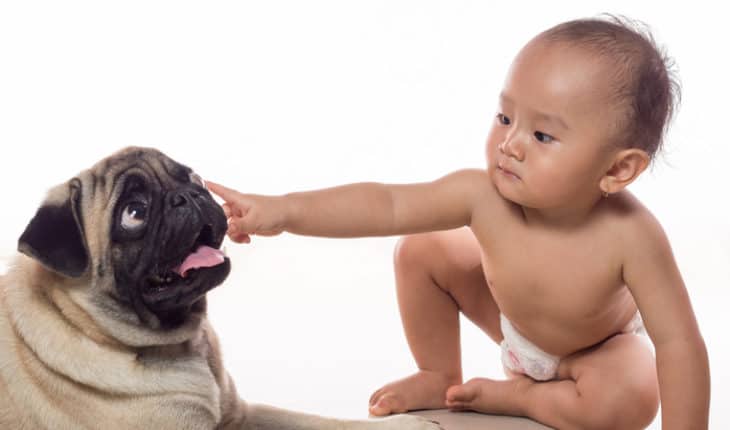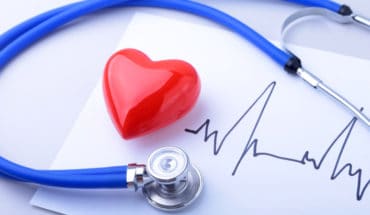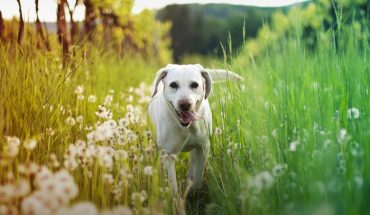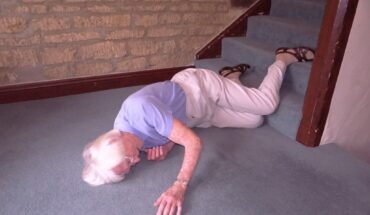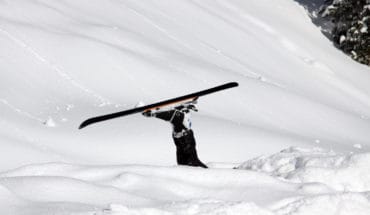Dog bites: Dogs are valued members of families around the UK. Unfortunately, accidents can happen with these loveable creatures and dilemmas arise when dogs bite other dogs or when dogs bite adults or children. Here’s some help and first aid advice for what to do with dog bites in these situations.
Dogs biting dogs
What to do
Initially, keep yourself safe and remove your pet from the danger. Remain as calm as you can, both around the other dog and their owner.
Swap details
If possible, gather as much detail from the other owner as possible. Swap details with the owner of the other dog. This could help with any possible subsequent insurance claim.
Remove yourself and your pet from further danger
In a serious situation, your dog may be too injured to walk. If this is the case, then you should try and carry them. However, be aware that a scared and injured pet may try and bite you – even a usually friendly and docile one.
If the dog can walk, then it can be a good idea to let them. This can have a calming effect on a stressed pet. Additionally, it can give you an opportunity to take a good look at them and observe for any injuries or bleeding.
Bites from dogs and other animals can be jagged and often get infected. This is because dog’s teeth can harbour lots of bacteria. A bite is not always immediately apparent, especially if your dog has a lot of thick fur. Therefore, if you think they may have been bitten, make sure you check them out thoroughly, as soon as possible and get veterinary advice quickly.
Hidden damage
Even if an animal bite has just punctured the skin, it is important to wash the wound really well and look out for any signs of infection. Small-looking wounds can be deceptively large as there can be considerable damage underneath the skin and fur.
Treating the bite
The initial treatment for an animal bite is the same as for any other wound, except it is important to wash it immediately with clean water and antibacterial soap.
The steps are as follows:
Reassure your pet and phone the vet. All bite wounds should be seen by a vet ASAP.
If the vet is unavailable, wash the wound thoroughly with clean water (and antibacterial soap depending on the location of the wound).
Stop any bleeding by elevating the wound and applying pressure. Wear gloves if possible, whenever you are dealing with bleeding.
Get to a vet as soon as you can. Bites get infected easily; they need to be cleaned thoroughly by a medical professional and vets usually prescribe antibiotics.
If the wound looks red and becomes inflamed, hot, or angry looking, it is getting infected they will definitely need antibiotics.
Dogs biting humans
Did you know that 70 per cent of dog bites happen in the home?
Research shows that young children are more likely to be bitten than any other group and are far more likely to be bitten by their family dog than any others.
Children should always be supervised in the company of pets and if the dog is looking stressed in anyway, remove the child to leave them in peace.
How to help if you or your child is bitten
Make the area safe to ensure you and the child are not likely to be bitten again.
Bites from dogs and other animals can be jagged and often get infected, as dog’s teeth can harbour lots of bacteria. Even if an animal bite has just punctured the skin, it is important to wash the wound really well and look out for any signs of infection. Small-looking wounds can be deceptively large as there can be additional damage underneath the skin.
Treating the bite
The initial treatment for an animal bite is the same as for any other wound, except it is important to wash it immediately with clean water and antibacterial soap.
Reassure the child and stop any bleeding by applying pressure.
Get them seen by a health professional as soon as possible. Bites get infected easily; they need to be cleaned thoroughly by a medical professional and the child may need antibiotics.
If the wound looks red and becomes inflamed, hot, or angry looking or starts to develop a pus like discharge; it is getting infected and they will definitely need antibiotics. If possible, avoid covering the bite so you can observe any changes. If you need to cover it, ensure you are regularly checking the wound for any of the above signs of infection.
Note: Outside the UK, if a human is bitten or licked in a wound, it is really important to get medical attention very fast and have anti-rabies medication. It is also important to ensure that they are covered for tetanus. Untreated rabies has 100% mortality, so having the anti-rabies injection quickly is vital.
Training
Do think of attending dog training classes with your pet from an early age so that your dog can develop important social skills.
Finally, attending a first aid course – for both children and dogs – means you can feel confident treating any medical situations that may arise for either your child or your pet.
Register for our practical first aid dog training course here: https://firstaidforpets.net/dog-first-aid-training-course/
Download our free e-book on Essential First Aid information all dog owners should know here
First Aid for Pets provides this information for guidance and it is not in any way a substitute for veterinary advice. The author does not accept any liability or responsibility for any inaccuracies or for any mistreatment or misdiagnosis of any person or animal, however caused. It is strongly advised that you attend a practical First Aid for Pets course or take our online course to understand what to do in a medical emergency.
Please contact [email protected] or https://www.firstaidforpets.net if you would like any more information.
- What is a seizure? - 13th March 2025
- Febrile Convulsions and Seizures in Children - 13th March 2025
- Why women are less likely to receive CPR or survive cardiac arrest - 6th March 2025
